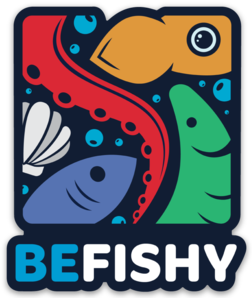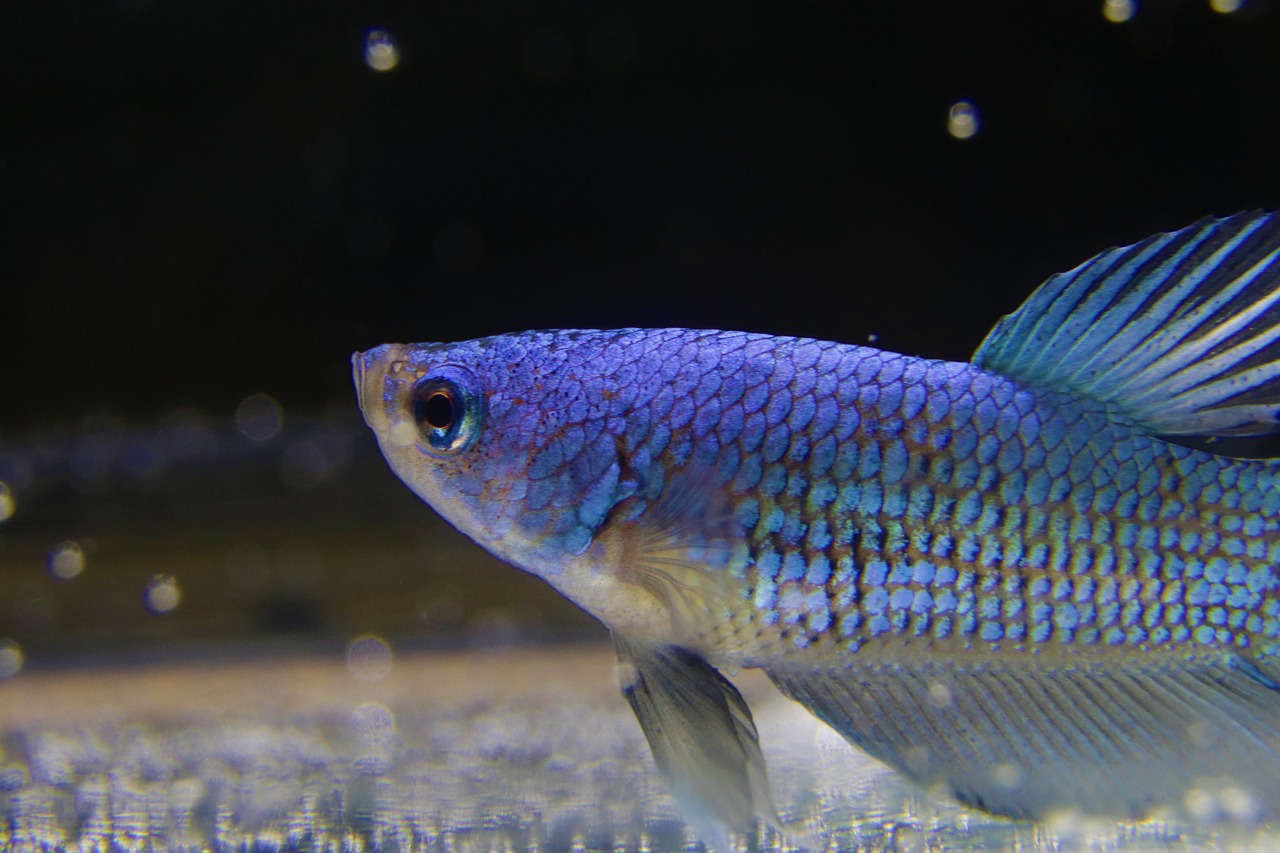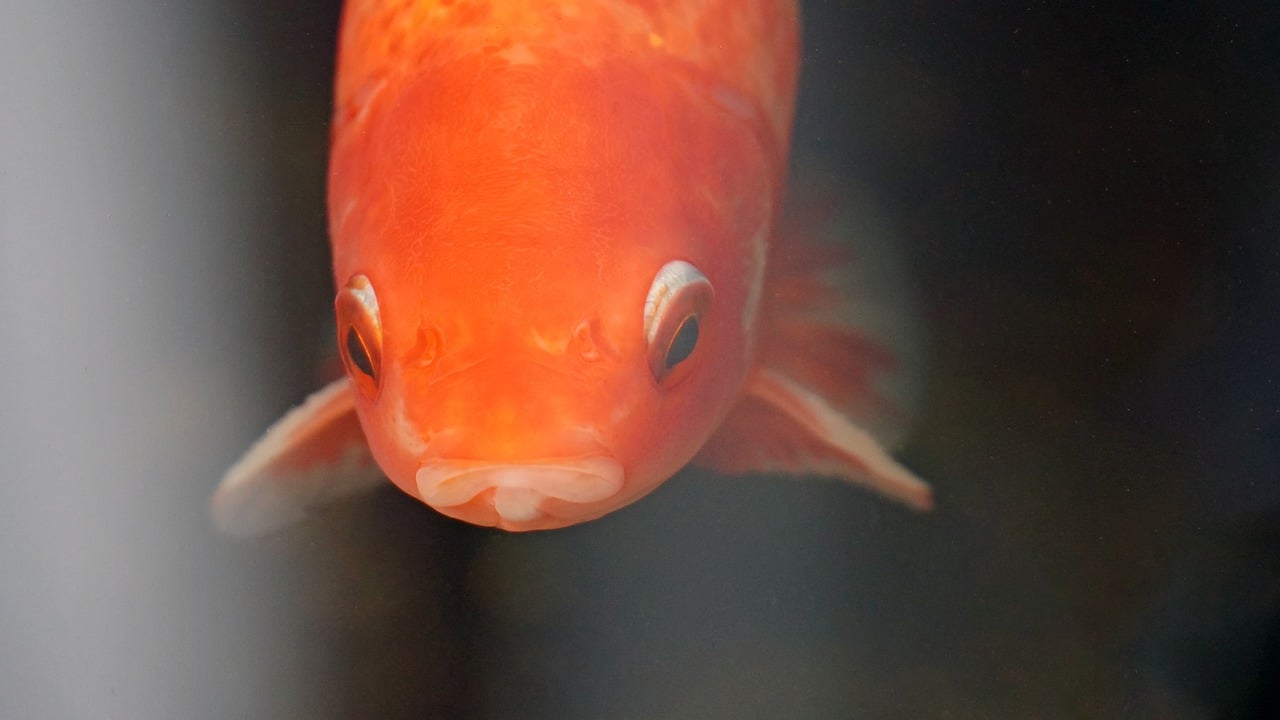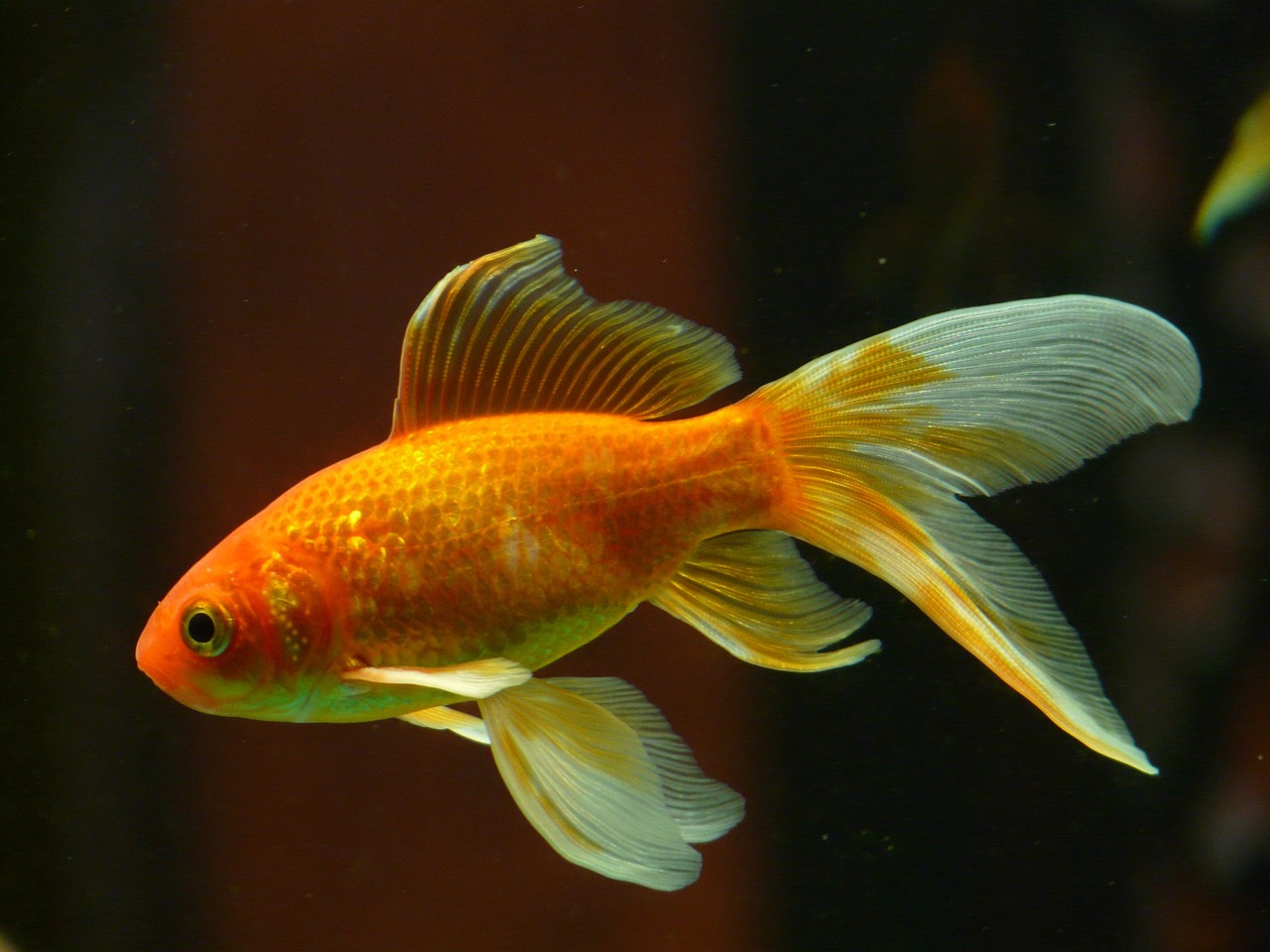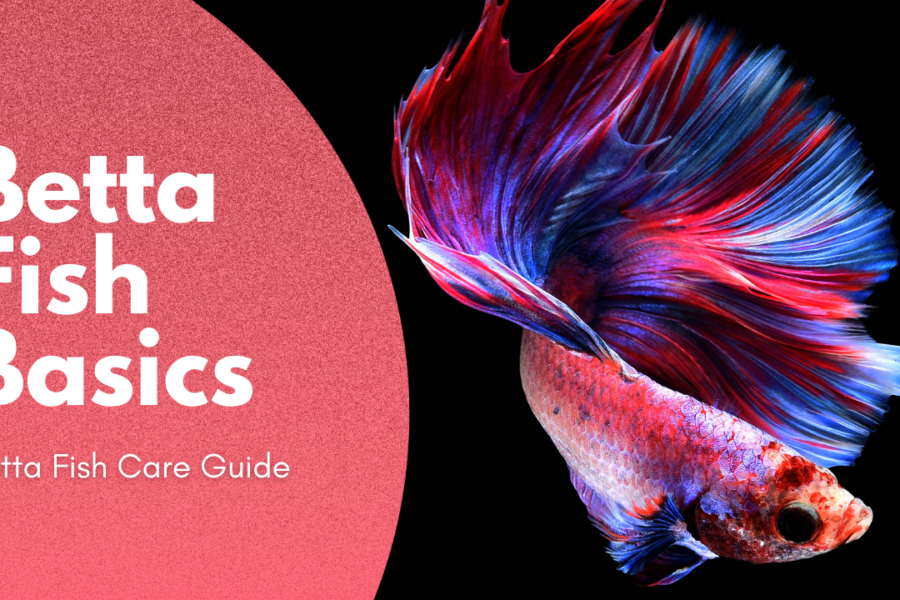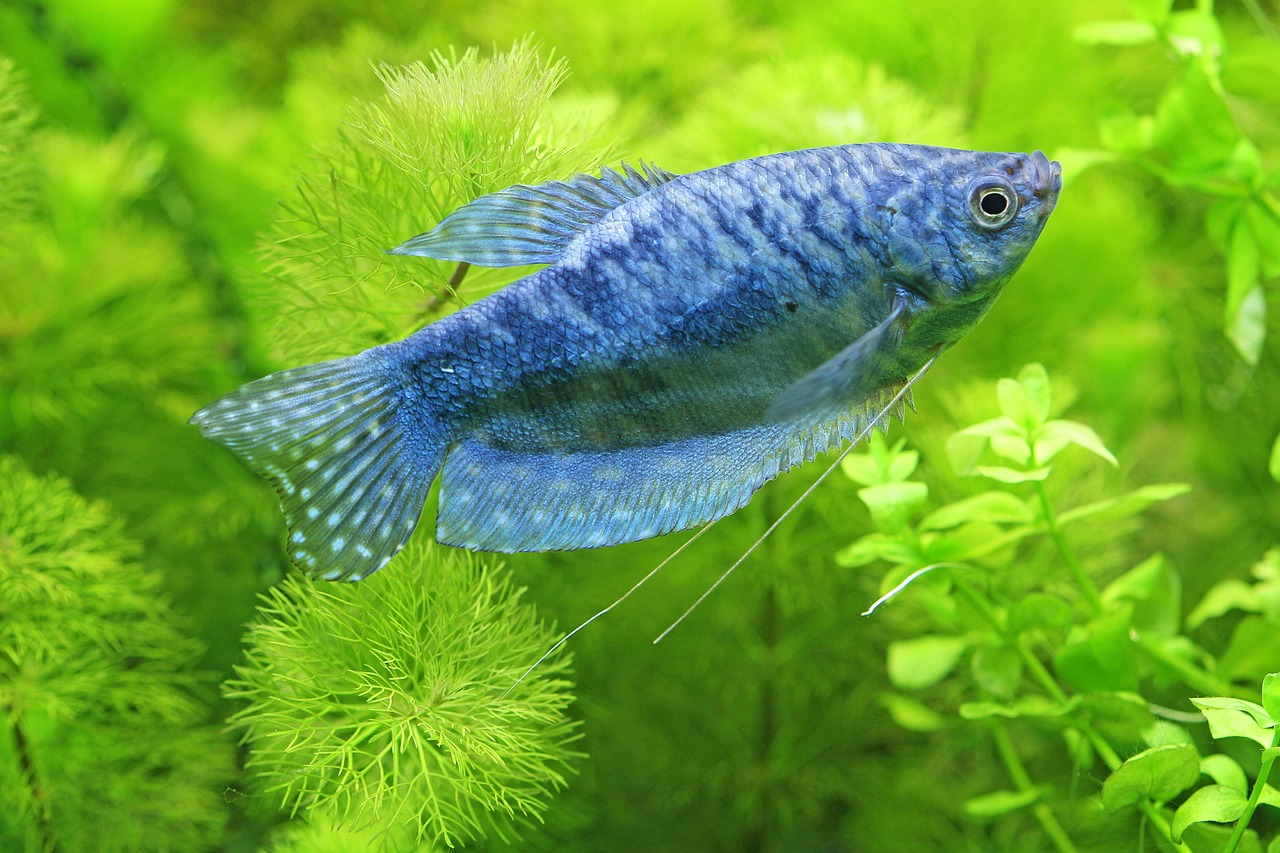Are you captivated by the vibrant colors and graceful fins of betta fish? You’re not alone! Betta fish, also known as Siamese fighting fish, are a popular choice for both novice and experienced aquarists. If you’re considering adding one of these beauties to your home aquarium, it’s essential to understand the basics of their care, particularly their diet. A healthy diet is crucial for a betta’s well-being, longevity, and vibrancy. Let’s dive into the essentials of feeding your betta and some handy tips to keep them thriving.
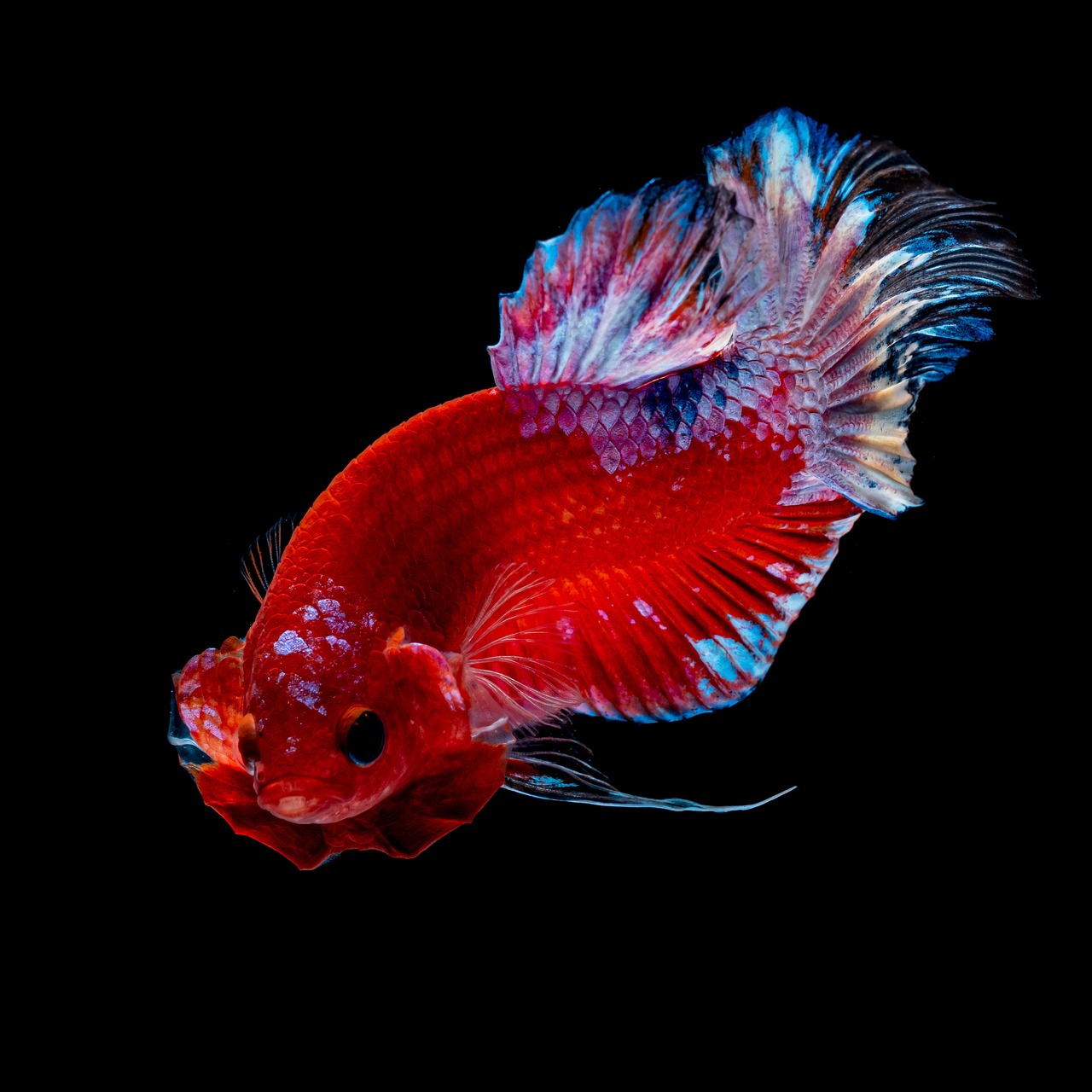
The Basics of a Healthy Betta Fish Diet
Betta fish are carnivorous by nature, which means they thrive on a protein-rich diet. In the wild, bettas feast on insects and larvae. To replicate this in your home aquarium, it’s vital to provide a diet that closely mimics their natural food sources. Here’s what you need to know:
- High-Quality Betta Pellets: These should be the staple of your betta’s diet. Look for pellets specifically formulated for bettas, as they contain the right balance of protein and nutrients. Avoid generic fish food, which might not meet their dietary needs.
- Frozen or Live Foods: Supplementing pellets with live or frozen foods such as brine shrimp, daphnia, and bloodworms can provide essential variety and nutrients. These treats not only boost protein intake but also stimulate your betta’s natural hunting instincts.
- Freeze-Dried Foods: While not as nutrient-rich as fresh or frozen options, freeze-dried foods can be a convenient alternative. Be sure to rehydrate them before feeding to prevent digestive issues.
What to Feed Your Betta Fish
Consistency and quality are key when feeding your betta. Here’s a simple feeding routine:
- Morning and Evening Meals: Feed your betta small amounts twice a day. A betta’s stomach is roughly the size of its eye, so overfeeding can lead to obesity and water quality issues. A few pellets per meal or a small portion of live/frozen food is sufficient.
- Treat Days: Incorporate live or frozen foods 2-3 times a week as a treat. This not only provides variety but also ensures a balanced diet.
- Fasting: Once a week, skip feeding for a day. This helps prevent constipation and mimics their natural feeding patterns in the wild.
Tips and Tricks for Keeping a Healthy Betta Fish
Ensuring your betta’s diet is on point is just one aspect of their care. Here are some additional tips to keep your betta healthy and happy:
- Tank Size and Environment: Despite their small size, bettas need ample space to swim. A tank of at least 5 gallons with a lid (bettas are notorious jumpers!) is ideal. Provide hiding spots with plants and decorations, but ensure there’s plenty of open water for swimming.
- Water Quality: Bettas are sensitive to poor water conditions. Use a gentle filter to maintain clean water and perform regular water changes (25-30% weekly). Keep the water temperature between 76-82°F, as bettas are tropical fish.
- Enrichment: Bettas are intelligent and curious. Adding a variety of decorations and changing their environment periodically can keep them mentally stimulated.
- Health Checks: Regularly observe your betta for signs of illness such as changes in color, fin rot, or lethargy. Early detection is key to effective treatment.
- Avoid Overcrowding: Bettas are solitary and can be aggressive towards other fish, especially other males. It’s best to keep them alone or in a carefully chosen community tank with compatible species.
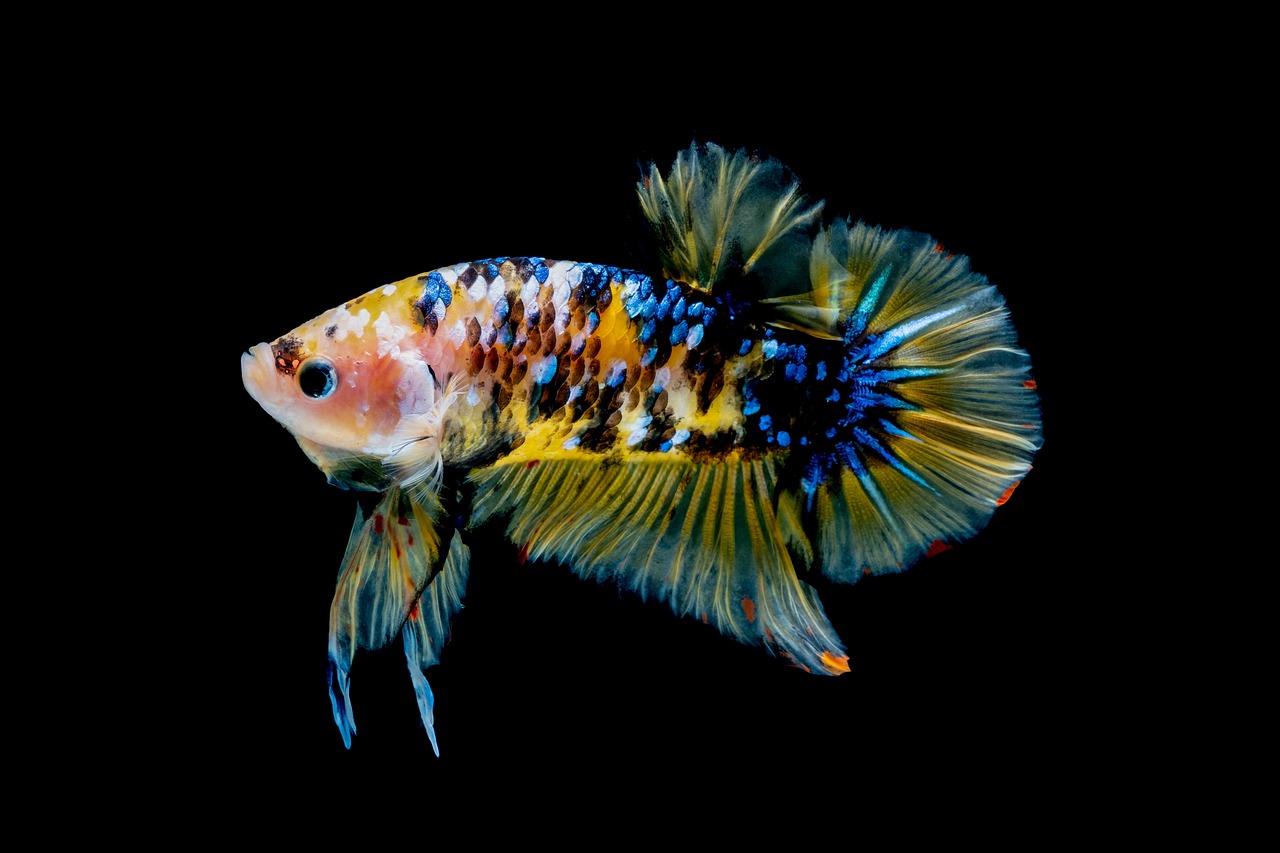
Caring for a betta fish is a rewarding experience that can bring color and life to your home. By providing a balanced diet and a healthy environment, you can ensure your betta not only survives but thrives. Remember, the key to a happy betta is understanding and meeting its specific needs. With these tips, you’ll be well on your way to becoming a confident and successful betta owner. Happy fish keeping!
